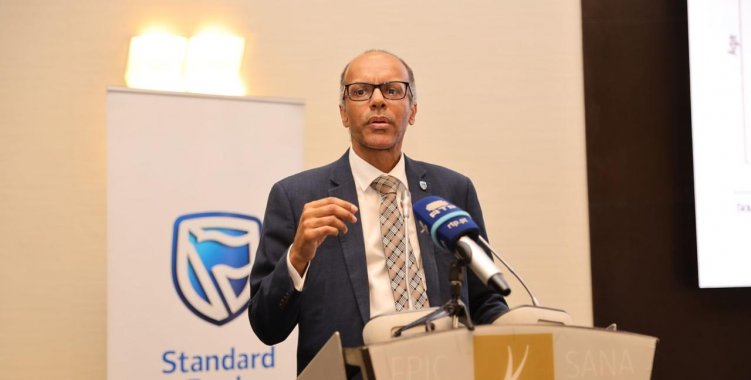Standard Bank, in a summary note of the II Economic Briefing 2024 made public this Monday, also warned of a "high risk" of the growth of the Angolan economy remaining below the 3 percent objective, as foreseen in the Development Plan Nacional (PDN) 2023-2024, "due to exchange rate and fiscal pressures and moderate investment".
According to its chief economist, Fáusio Mussá, who was speaker at Friday's meeting, despite Angola having 35 million inhabitants and an economically active population of 17.4 million, formal employment is very low and unemployment is reaching 32 percent of the active population.
With education of "poor quality and without great capacity to generate employment", observed the economist, the demographic dividend "is wasted".
Fáusio Mussá also highlighted that "despite the increase in the minimum wage in June, of around 119 percent, high inflation and high unemployment continue to negatively impact the cost of living and the economy in general".
The expert also commented on Gross Domestic Product (GDP) growth in the first quarter of 2024 of 4.6 percent in annual terms, a nine-year high, noting that this reflects, on the one hand, positive base effects from the oil sector, which grew by 6.9 percent, although there is, on the other hand, "a surprising growth in non-oil GDP of 3.9 percent compared to the previous year".
"We maintain our GDP growth forecast of 2.3 percent in 2024, made in the June edition of African Markets Revealed," he said, also highlighting the "strong dependence on the oil sector, which represents around 95 percent of exports, more than 50 percent of tax revenues and around 1/3 of GDP".
Fáusio Mussá also mentioned that the government's economic growth assumptions for 2024 "appear optimistic, given that the non-oil economy requires adequate levels of foreign exchange to function".
Regarding monetary policy, the chief economist at Standard Bank in Angola, Mozambique and the Democratic Republic of Congo considered that it should continue to be more restrictive, "given that the high growth of the monetary supply in local currency and loans and credit to the State They do not help fight inflation nor do they support the kwanza".







